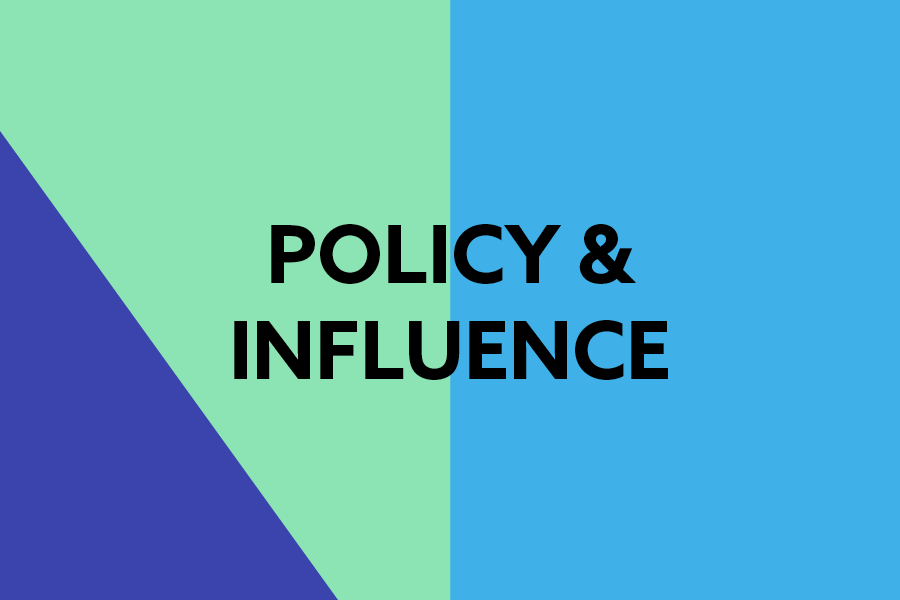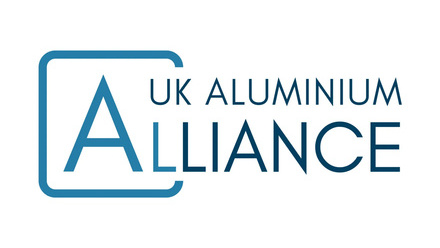IOM3 submits report on critical minerals value chain skills gaps to UK government
The report explores the growing skills gaps within the critical minerals value chain and the serious risks this poses to the UK economy.

To support government and the UK’s Critical Minerals Intelligence Centre, IOM3 consulted key stakeholders from across industry, associations and academia to undertake a preliminary assessment of the current critical minerals skills landscape to gain a qualitative understanding of the skills gaps and challenges.
The report, ‘The talent gap: critical skills for critical materials’ highlighted that, due to growing demand, a significant increase in workforces will be required. At the same time there is a decline in the availability of skilled people with many professionals in the workforce reaching retirement age. Alongside this there is insufficient new talent entering and developing through the industry to fill the positions.
IOM3 CEO Dr Church CEnv FIMMM said ‘Our current and future economy depend fundamentally on materials that are extracted from our planet. This must be done in a responsible manner, which in turn means we need skilled people to do the work. Unfortunately, the supply of those skilled people globally is dropping just as demand for these materials is predicted to increase by four-five times over the next 15 years or so. All players need to act urgently to address this growing talent gap.’
Key points from the report
- The serious and growing skills gap is a significant risk facing value chain
- Mining engineering, mineral processing and metallurgical skills are in short supply
- Industry, academia and regulators all require access to the necessary skills
- Modernising perceptions will be key to attracting talent and sustaining the industry
- Every actor has a role to play to address the skills gaps and greater collaboration is required
Improving equity, diversity and inclusion is both necessary and beneficial. The extent of the skills gaps identified will require a significant increase in the size of the workforce, a challenge made harder if talent is not being accessed from the full pool available.
The report goes onto show that the extent and growth of the skills gaps require short-, medium- and long-term action. This will require involvement across the ecosystem and all stakeholders to ensure sustainable impacts for both the existing and future workforce.
To build on the qualitative findings in this report and enable all actors to put in place the steps
necessary, a quantitative assessment should be undertaken to understand the future workforce capability needs, map competences and conduct a gap analysis on education and training provision and provider capacity.
Read The talent gap: critical skills for critical materials







